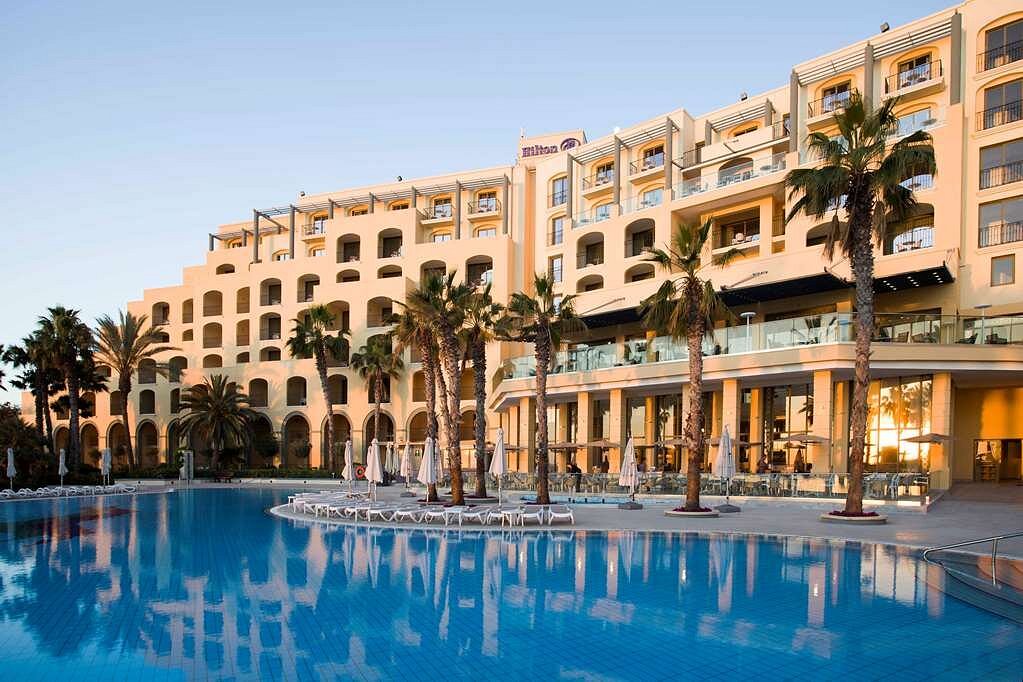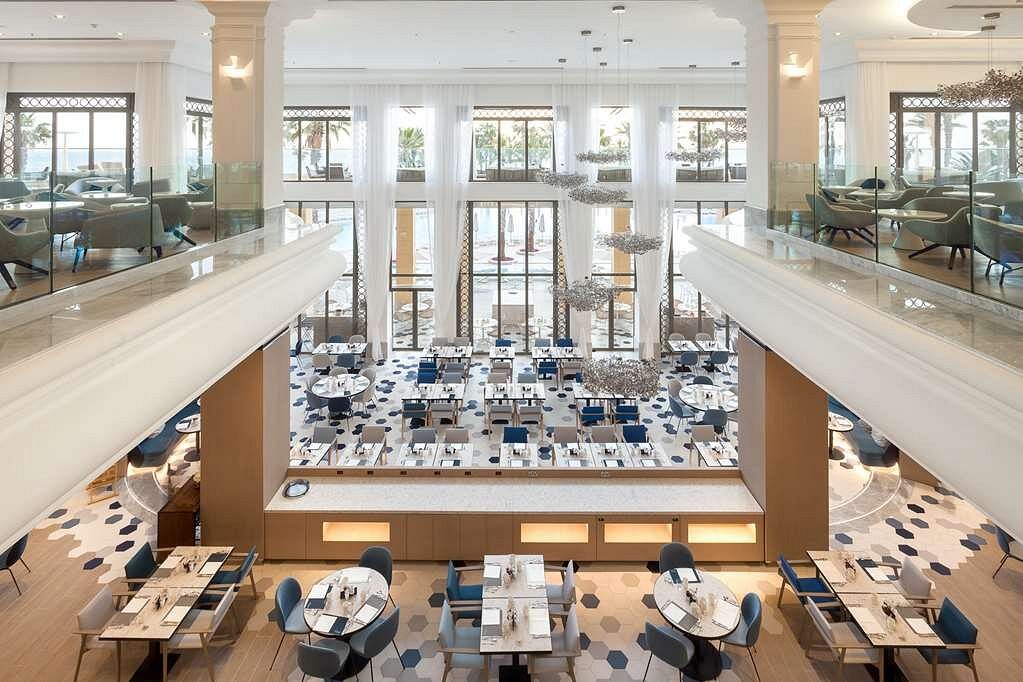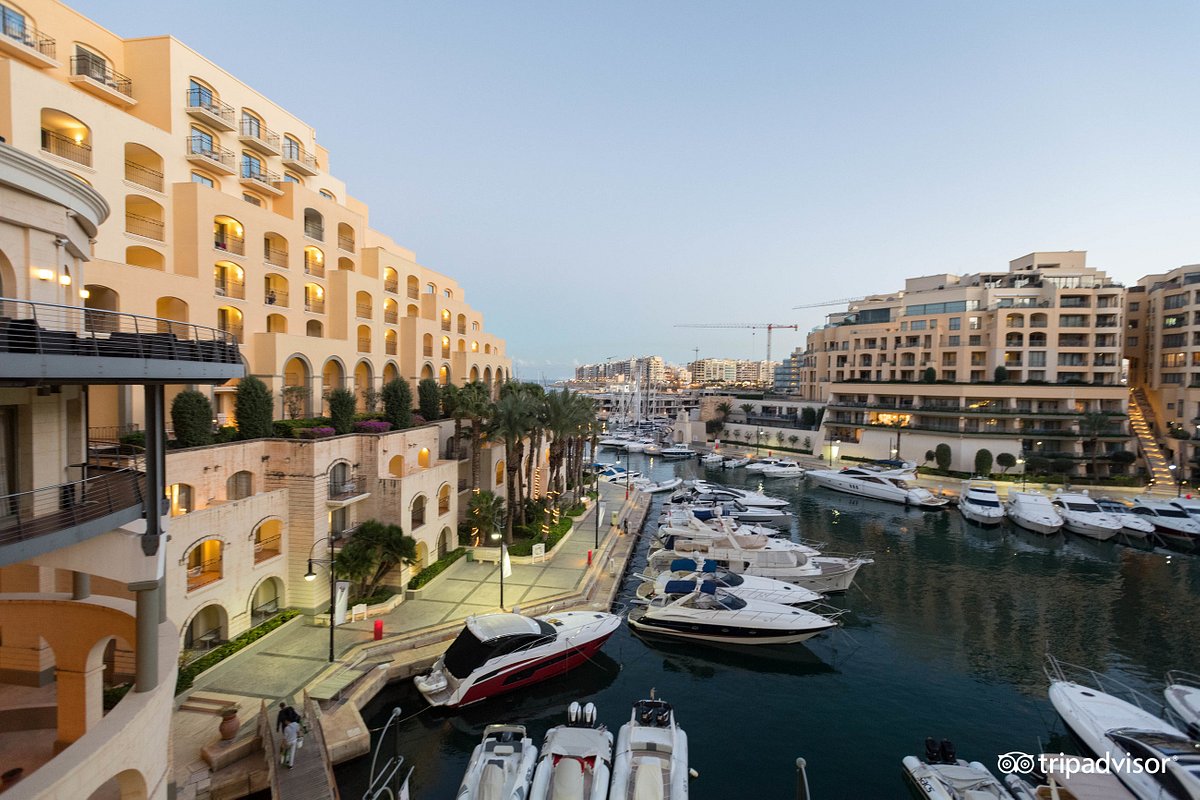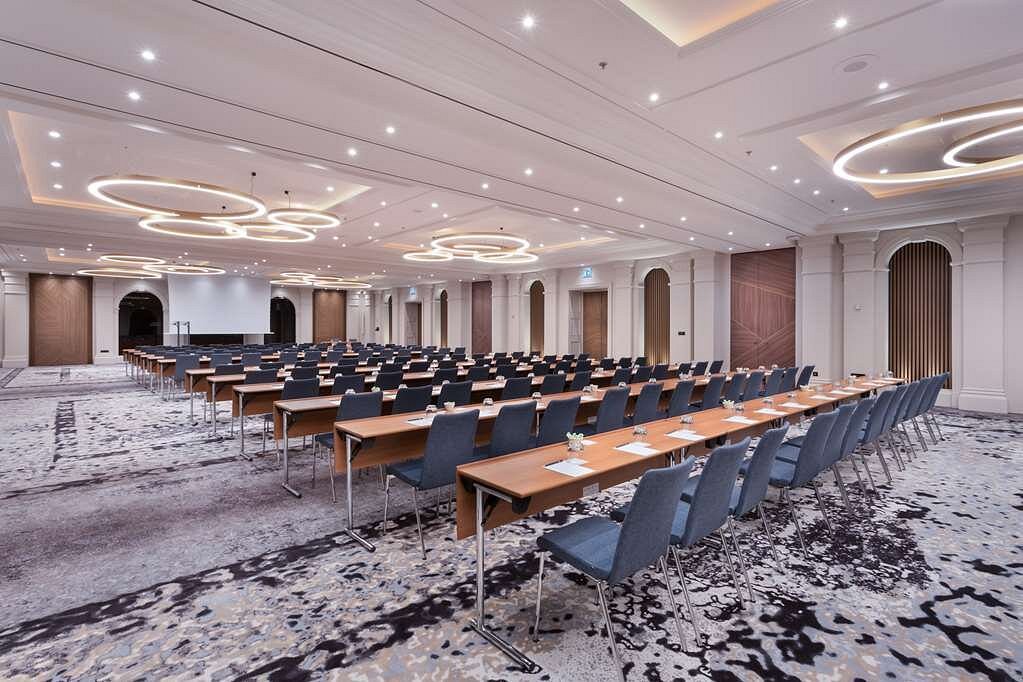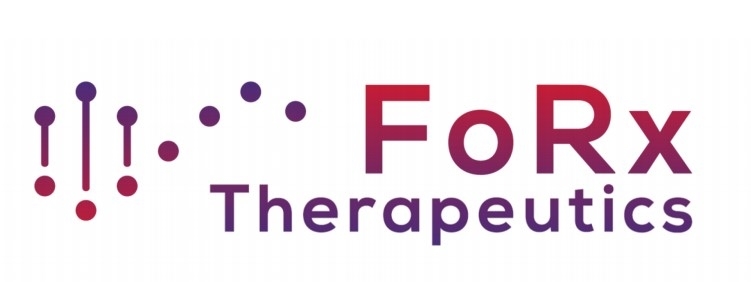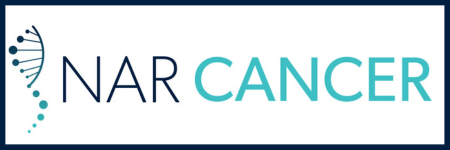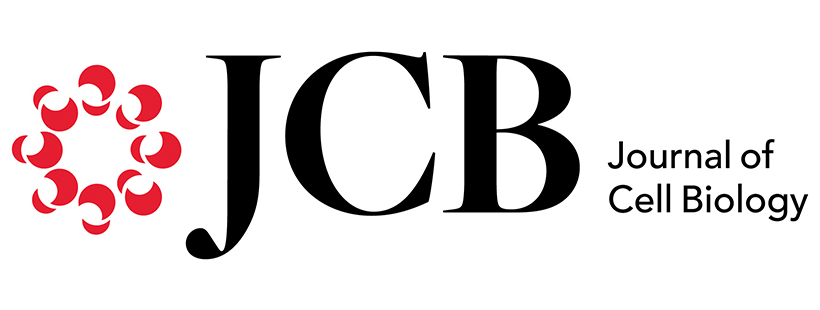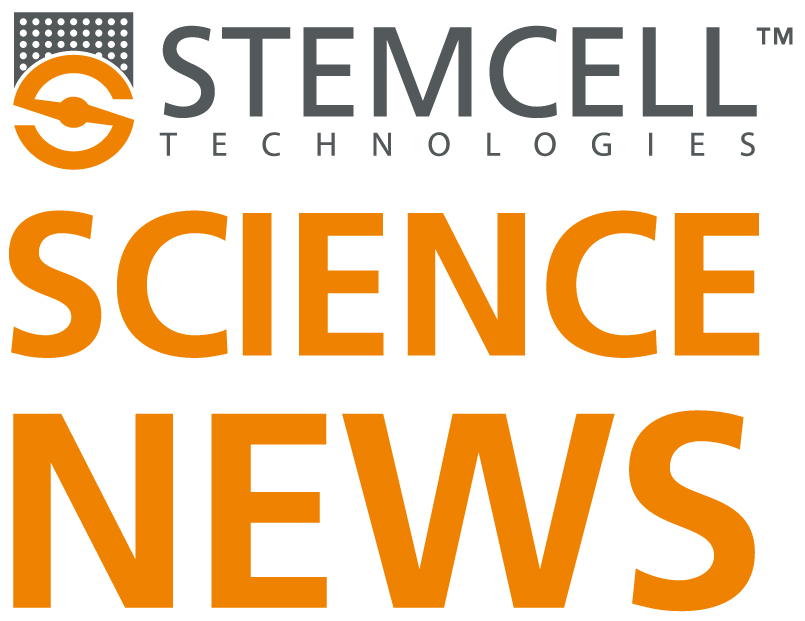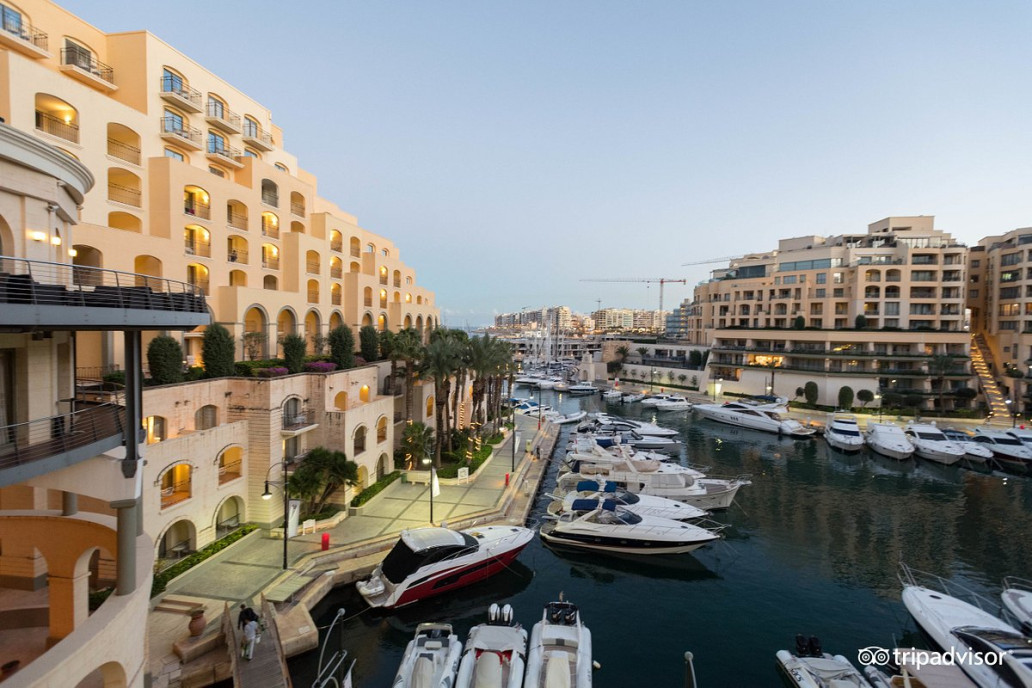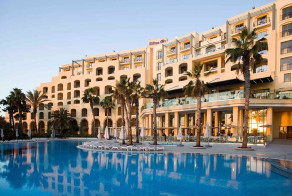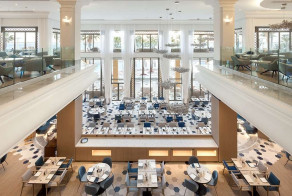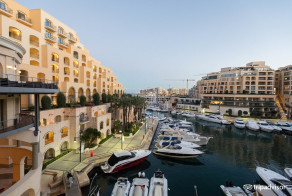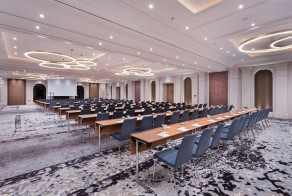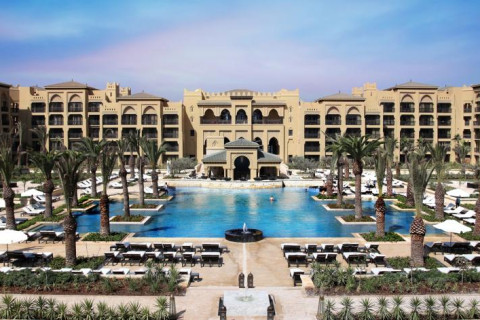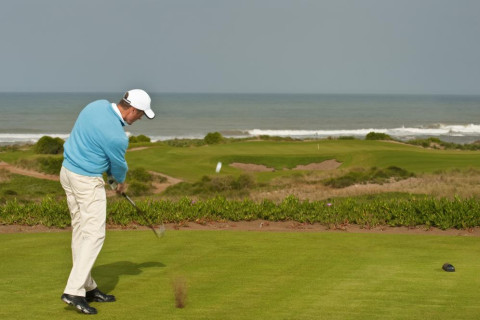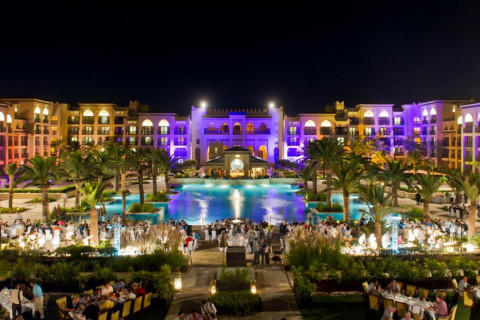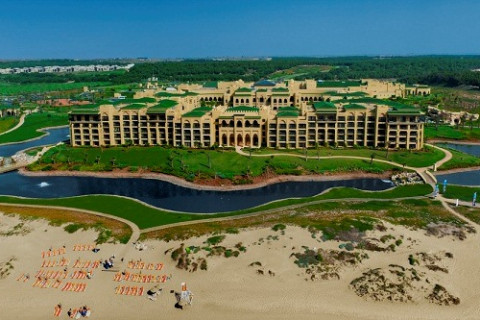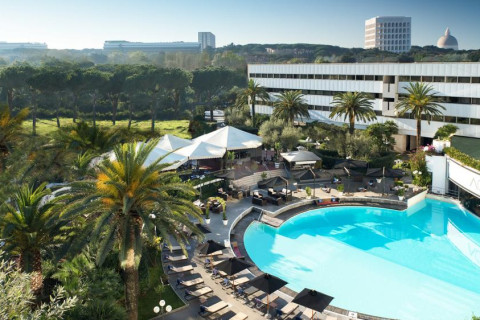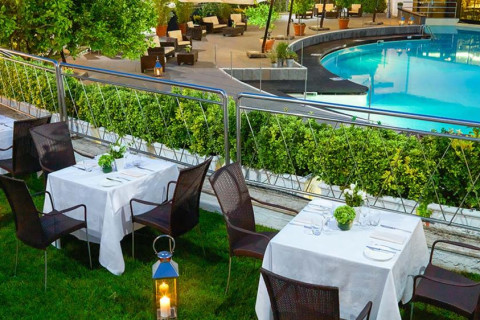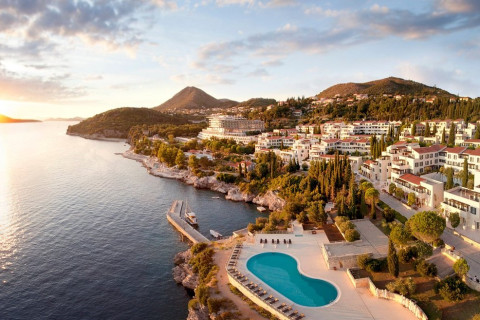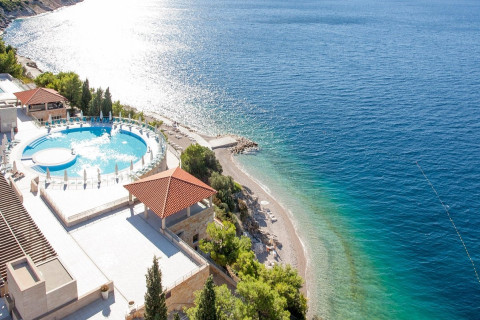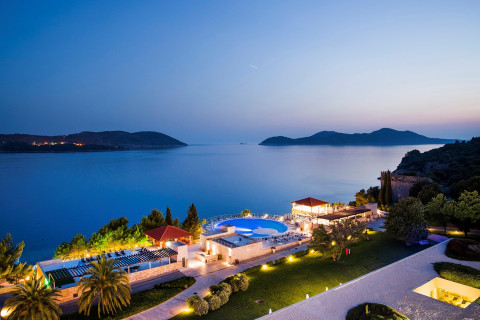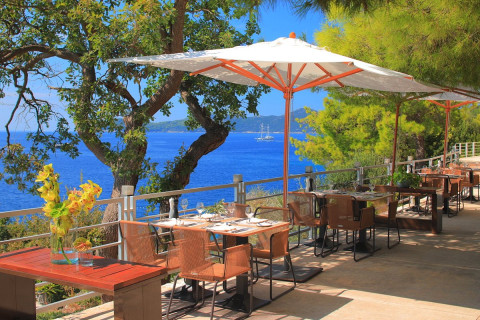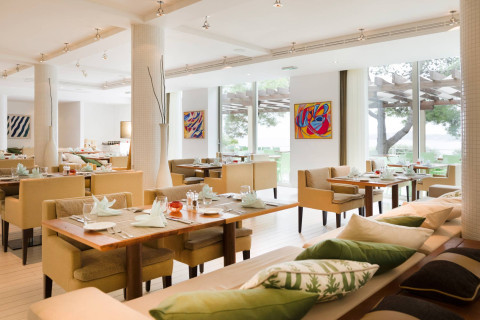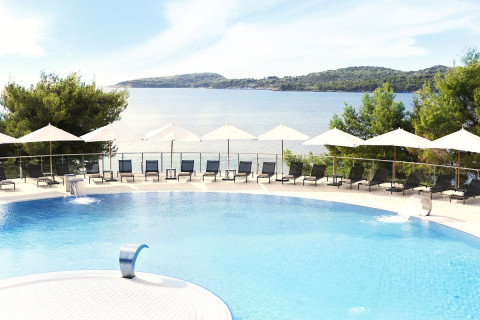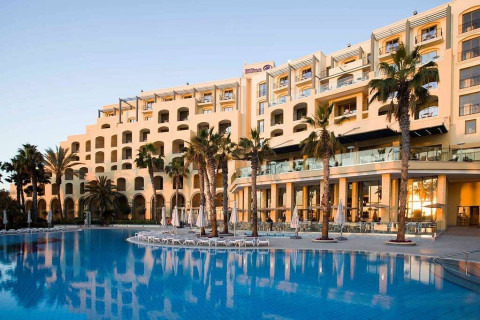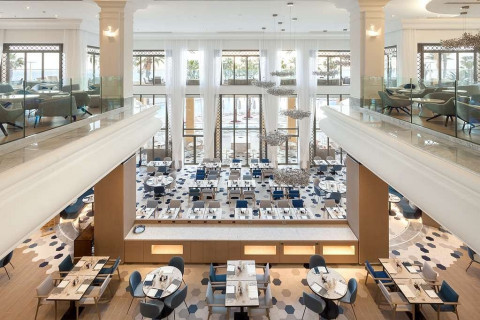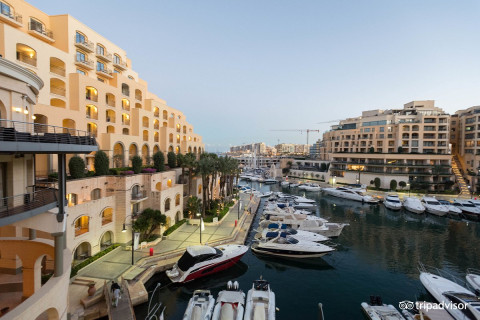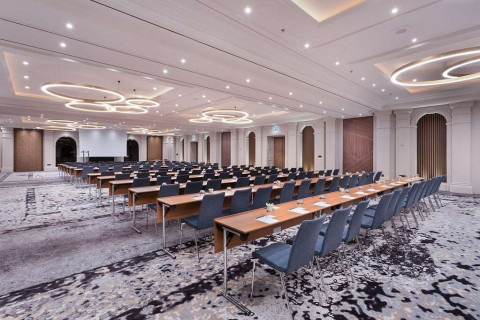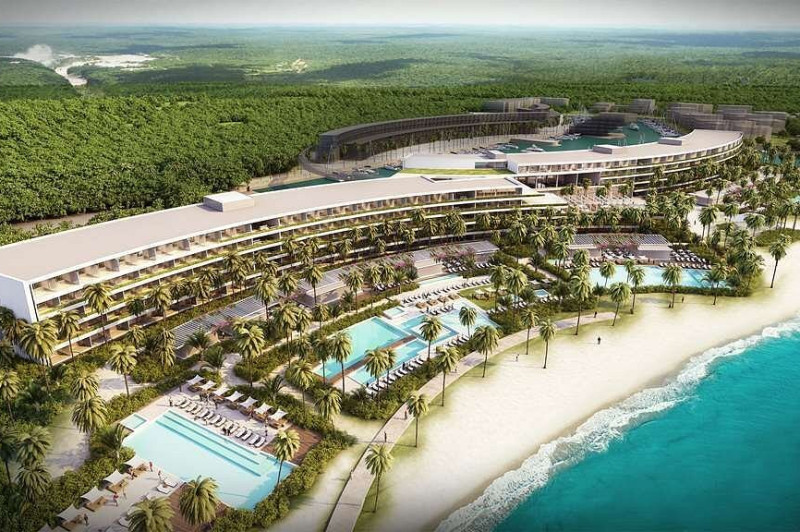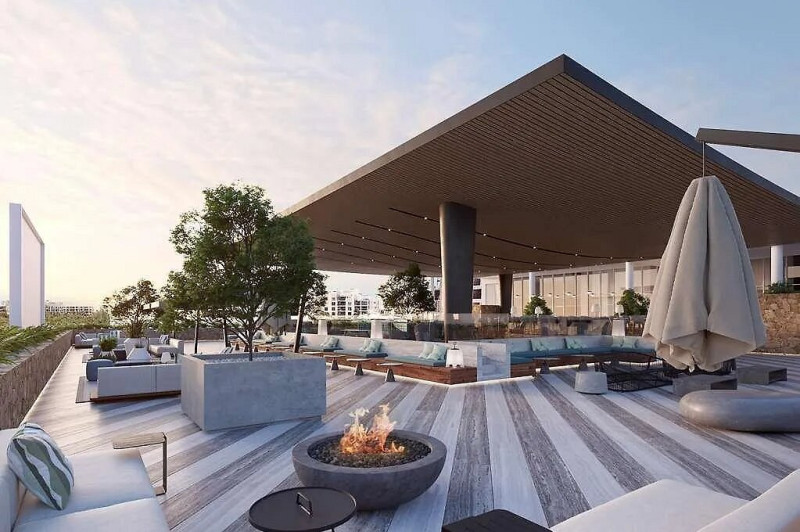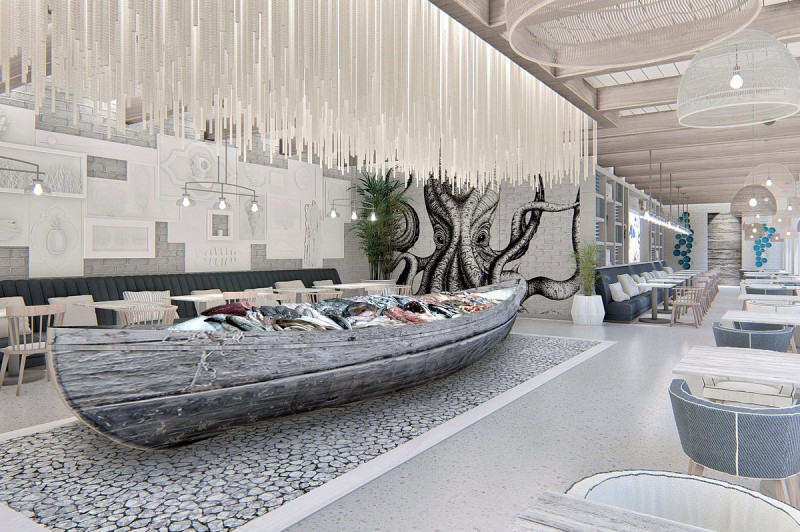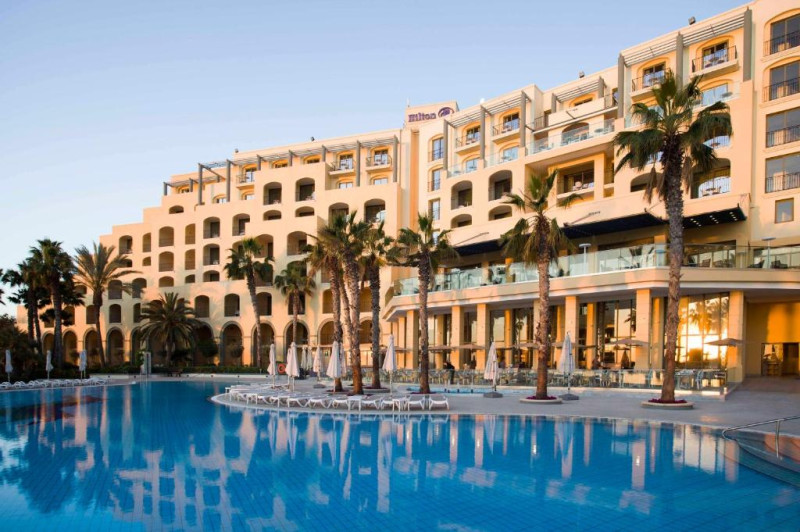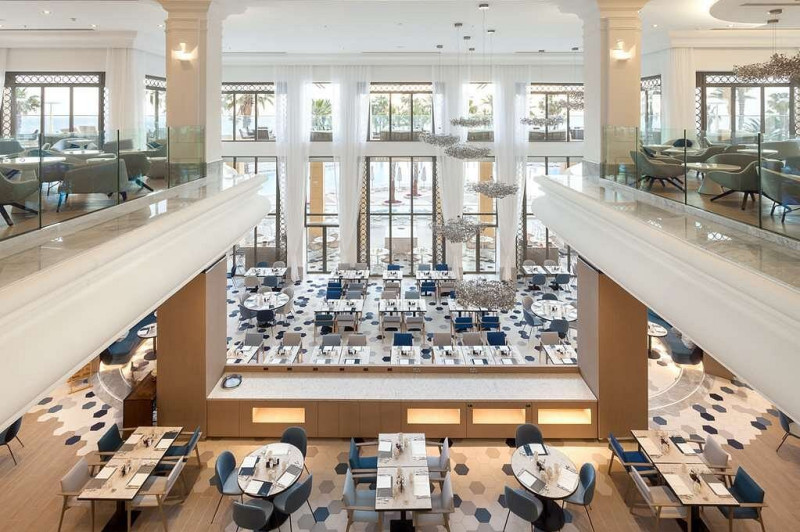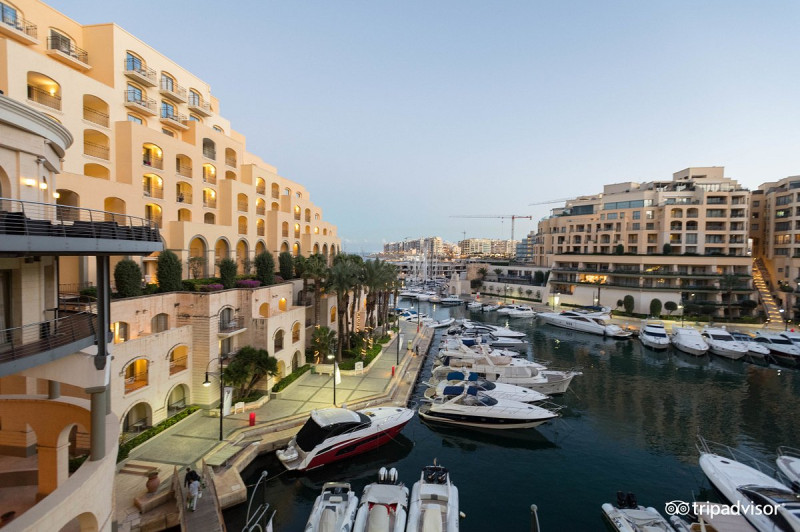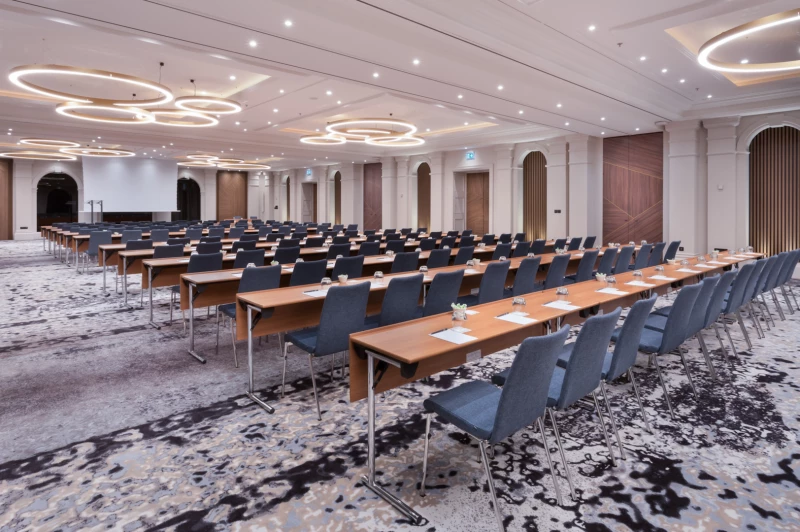- Home
- Past Conferences
- 4th Chromosomal Instability as a Driver of Human Disease Conference
4th Chromosomal Instability as a Driver of Human Disease Conference
#CIDHD25
07 Oct - 10 Oct 2025
St. Julian's, Malta
-
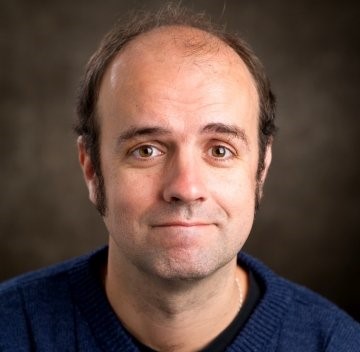
Oscar Fernandez-Capetillo
Spanish National Cancer Center/ Karolinska Institute
-
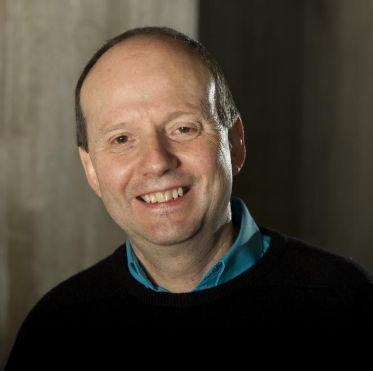
Ian Hickson
University of Copenhagen
Early Bird - Expired • Talk Submission - Expired • Poster Submission - Expired • Registration & Payment Deadline - Expired
Report
The 4th ‘Chromosomal Instability as a Driver of Human Disease Conference’ (CIDHD25), held from October 7th to 10th, 2025, in St. Julian's, Malta, brought together leading experts studying chromosomal instability (CIN), as well as other fields such as senescence and ageing research. This mix of expetise was chosen to foster dialogue and create lively discussion between scientists with different backgrounds.
Chaired by Oscar Fernandez-Capetillo (Spanish National Cancer Center/Karolinska Institute) and Ian Hickson (University of Copenhagen), the conference featured a diverse lineup of invited speakers from premier institutions, including the National Institutes of Health, University of Oxford, Institut Curie, and Spanish National Cancer Center, among many others. The scientific programme highlighted several major themes:
- Mechanisms and consequences of chromosomal instability: Presentations addressed the molecular basis of genome instability and mutagenesis, as well as its impact on cell and tissue function, and its role in disease pathogenesis.
- From basic concepts to therapies: Sessions explored emerging concepts in the area of cancer therapies, including a broad overview of the clinical development of DNA repair inhibitors from such as AstraZeneca.
- Technological advances: Emerging methods for characterizing CIN, monitoring genomic changes, and modeling disease processes were showcased, reflecting the rapidly evolving landscape of CIN research.
- Beyond cancer: The meeting explored the impact of genome instability and senescence in other age-related pathologies such as neurodegeneration, as well as in the process of ageing itself.
The conference successfully provided a multidisciplinary platform for sharing cutting-edge insights, debating new questions in the field, and building collaborations to tackle unresolved challenges in the study and clinical translation of CIN. The constructive atmosphere encouraged engagement between established experts and rising researchers, ensuring a vibrant exchange of ideas to drive the next wave of discovery in human disease mechanisms and potential therapies.
The Fusion team, including the AV personnel, were always available and ensured that the conference ran very smoothly and effortlessly.
Synopsis
The maintenance of genome integrity is critical for the suppression of several pathological disorders in humans, including cancer, infertility premature ageing, and neurodegeneration. Destabilization of the genome can occur as a result of several cell intrinsic or extrinsic factors, including errors arising during DNA replication or chromosome segregation, as well as exposure of cells to agents that induce DNA damage. In this conference, we aim to bring together scientists studying DNA replication & repair, chromosome segregation and cellular responses to DNA damage, such as cellular senescence, with those interested in how chromosomal instability can influence human pathology, with a special focus on aging and age-related pathologies. Moreover, we aim to show how high throughput and high content screening methods can be used as a discovery tool both for basic science applications and to identify potential therapeutic modalities.
Key Sessions
- Pathways for repair of DNA damage and disrupted DNA replication forks
- Screening tools for analysis of genome maintenance pathways and for development of new therapeutics
- Molecular and cellular determinants of aging, with a particular focus on cellular senescence.
- Chromosome instability as a driver of tumorigenesis, neurodegeneration and ageing
- Exploitation of defects in chromosome maintenance in cancer treatment
Confirmed Invited Speakers
Peter Baumann (Johannes Gutenberg University of Mainz)
TELOMERASE AND THE RULE OF THREE
Ivana Bjedov (University College London)
DEFINING NOVEL MECHANISMS OF RADIOPROTECTION
Andrew Blackford (University of Copenhagen)
DDIAS IS A MITOTIC DNA DAMAGE RESPONSE GENE MUTATED IN A HUMAN NEURODEVELOPMENTAL DISORDER
Julien Duxin (BRIC/University of Copenhagen)
MECHANISMS OF TOP2cc REPAIR
Maria Ermolaeva (Leibniz Institute on Aging)
THE HIDDEN TRADE-OFFS OF CIRCADIAN DNA PROTECTION
Daniele Fachinetti (Institut Curie)
CAUSES AND CONSEQUENCES OF CENTROMERIC INSTABILITY
Daniel Gerlich (Institute of Molecular Biotechnology)
HOW COHESIN GUIDES HOMOLOGY SEARCH DURING DNA REPAIR
Jesus Gil (MRC Laboratory of Medical Sciences)
CELLULAR SENESCENCE AS A THERAPEUTIC TARGET
Myriam Gorospe (National Institutes of Health)
CATALOGING HUMAN CELL SENESCENCE THROUGH PROFILING OF MULTIPLE SENESCENT PRIMARY CELL TYPES
Andrew Jackson (University of Edinburgh)
GENOME INTEGRITY DISORDERS: LESSONS FROM THE SMALLEST PEOPLE IN THE WORLD
Oscar Llorca (Spanish National Cancer Center)
CRYO-EM REVEALS HOW POXVIRUSES TARGET NHEJ PROTEINS
Niels Mailand (Novo Nordisk Foundation Center for Protein Research)
CHARTING GENETIC DETERMINANTS OF MICRONUCLEUS FORMATION
Juan Mendez (Spanish National Cancer Center)
Marco Milan (IRB Barcelona)
CELL INTERACTIONS SHAPE THE BEHAVIOR OF ANEUPLOID CELLS
Daniel Munoz-Espin (University of Cambridge)
TARGETING SENESCENCE AND TRANSIENT REPROGRAMMING IN THE LUNG TUMOUR MICROENVIRONMENT
Andre Nussenzweig (National Institutes of Health)
GENOME INSTABILITY IN MITOTIC AND POSTMITOTIC CELLS
Mark O'Connor (AstraZeneca)
TARGETING REPLICATION STRESS IN CANCERS
KJ Patel (University of Oxford)
Lorenza Penengo (Institute of Molecular Cancer Research)
UBIQUITIN SYSTEM IN GENOME STABILITY
Evi Soutoglou (University of Sussex)
DNA DAMAGE AT LAMINA ASSOCIATED DOMAINS TRIGGERS NUCLEAR ENVELOPE REORGANIZATION AND CHROMATIN DETACHMENT TO PREVENT NUCLEAR ENVELOPE BLEBBING AND GENOME INSTABILITY
Zuzana Storchova (University of Kaiserslautern-Landau)
THE ORIGIN OF DNA DAMAGE IN ANEUPLOID CELLS
Stoyno Stoynov (Bulgarian Academy of Sciences)
MEASURING THE DYNAMICS OF REPLICATION FORK STALLING AND RESTART AND THE REDISTRIBUTION OF INDIVIDUAL CHROMOSOMES THROUGHOUT MITOSIS AS VALUABLE TOOLS FOR STUDYING MAINTENANCE OF GENOMIC INSTABILITY
David Vilchez (CECAD Research Center)
COLD TEMPERATURE DELAYS AGING AND PROTEOSTASIS COLLAPSE
Target Audience
This meeting will appeal to Molecular/Cell Biologists/Geneticists & Biochemists interested in genome stability. Researchers interested in the molecular basis of cancer, neurodegenerative diseases and ageing and those with an interest in high throughput genetic and pharmacological screening methods will also find the conference highly relevant along with those wishing to exploit genome maintenance abnormalities in tumour cells for therapeutic benefit.
Educational Need
Chromosome instability is involved in several human diseases and is a feature of natural ageing. This conference will bridge fundamental studies on the mechanisms by which cells maintain genome stability with applications of these studies aimed at the development of new therapies. Hence, the conference will bridge basic biology and clinical applications in this rapidly advancing field. Attendees should be able to obtain a full picture of the current status of the field, as well as to interact with prominent research leaders driving the clinical application of the latest research.
Confirmed Speakers
Chairs

Oscar Fernandez-Capetillo
Spanish National Cancer Center/ Karolinska Institute

Ian Hickson
University of Copenhagen
Invited Speakers
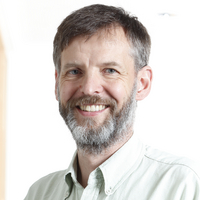
Peter Baumann
Johannes Gutenberg University of Mainz
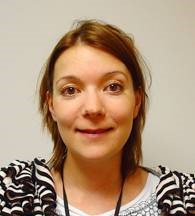
Ivana Bjedov
University College London
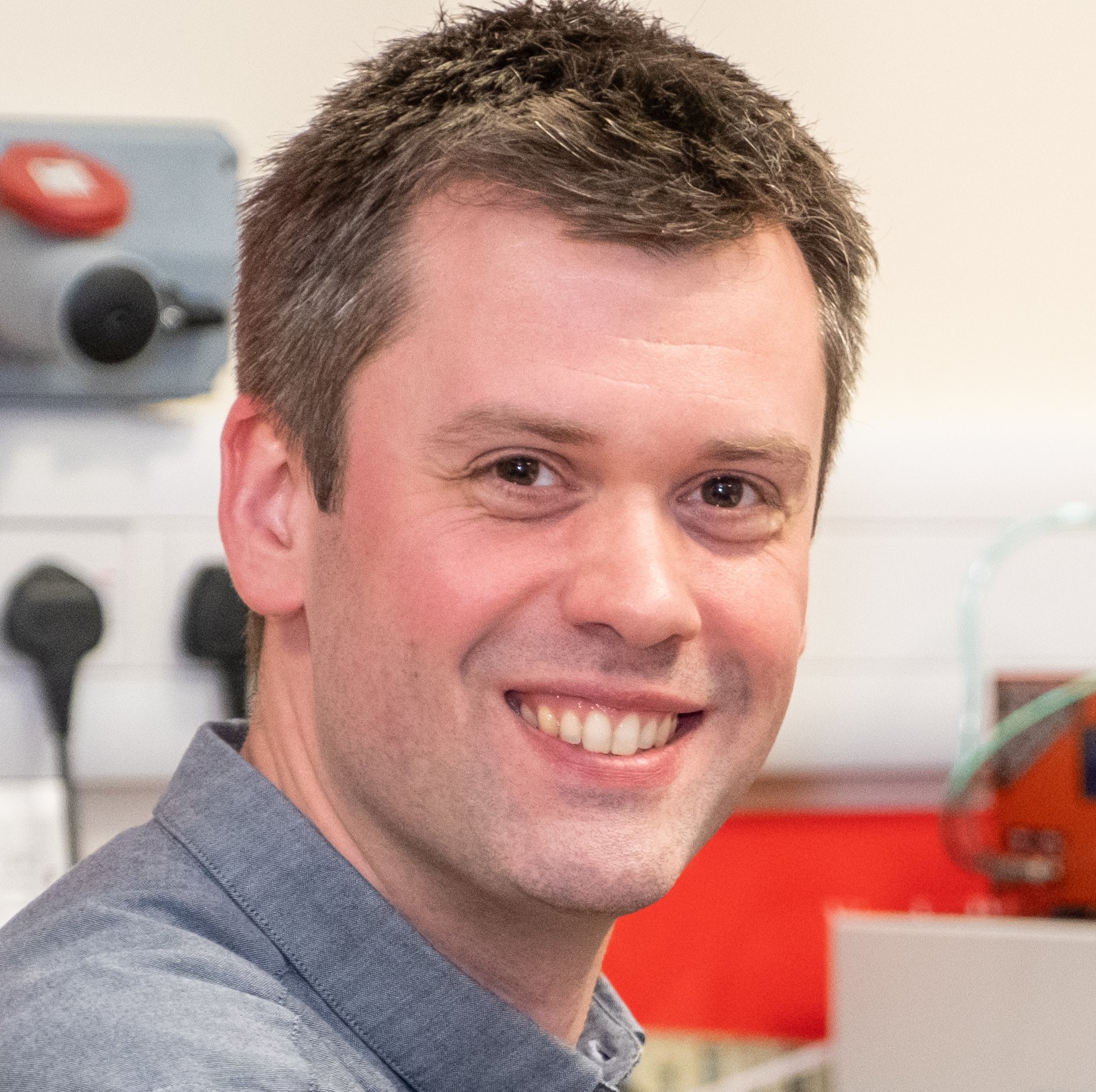
Andrew Blackford
University of Copenhagen
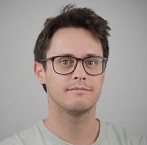
Julien Duxin
BRIC / University of Copenhagen
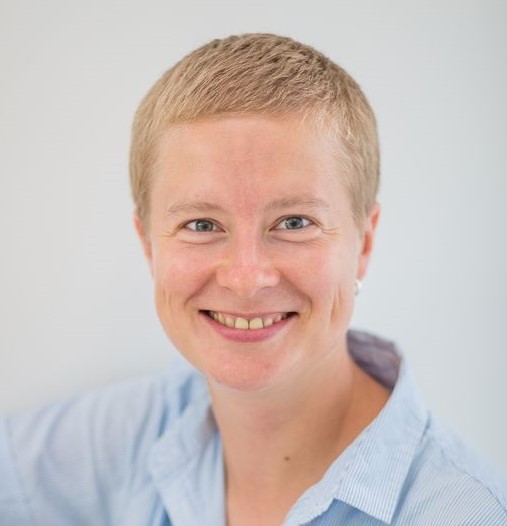
Maria Ermolaeva
Leibniz Institute on Aging
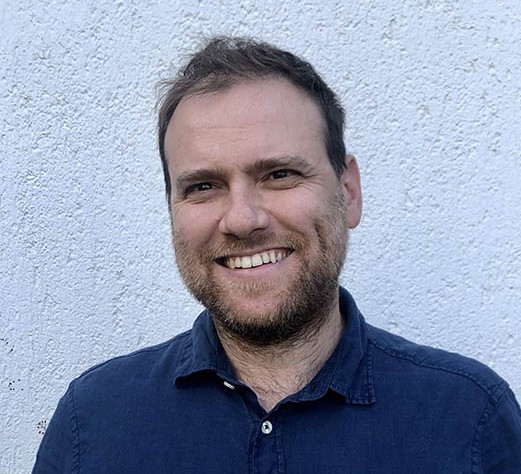
Daniele Fachinetti
Institut Curie
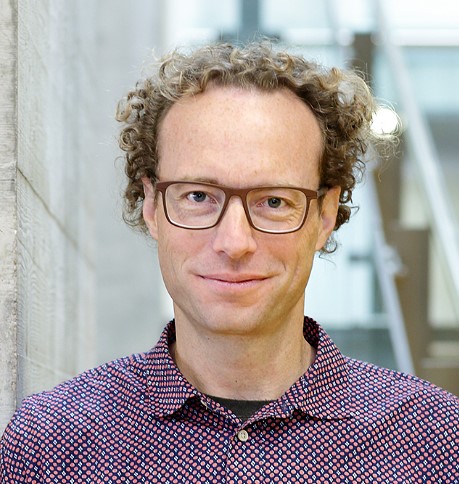
Daniel Gerlich
Institute of Molecular Biotechnology
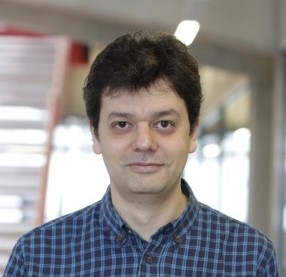
Jesus Gil
MRC Laboratory of Medical Sciences
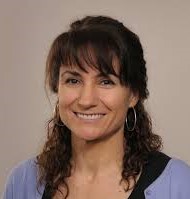
Myriam Gorospe
National Institutes of Health
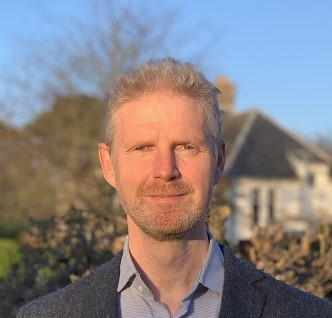
Andrew Jackson
University of Edinburgh
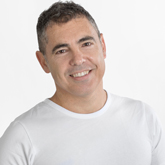
Oscar Llorca
Spanish National Cancer Center
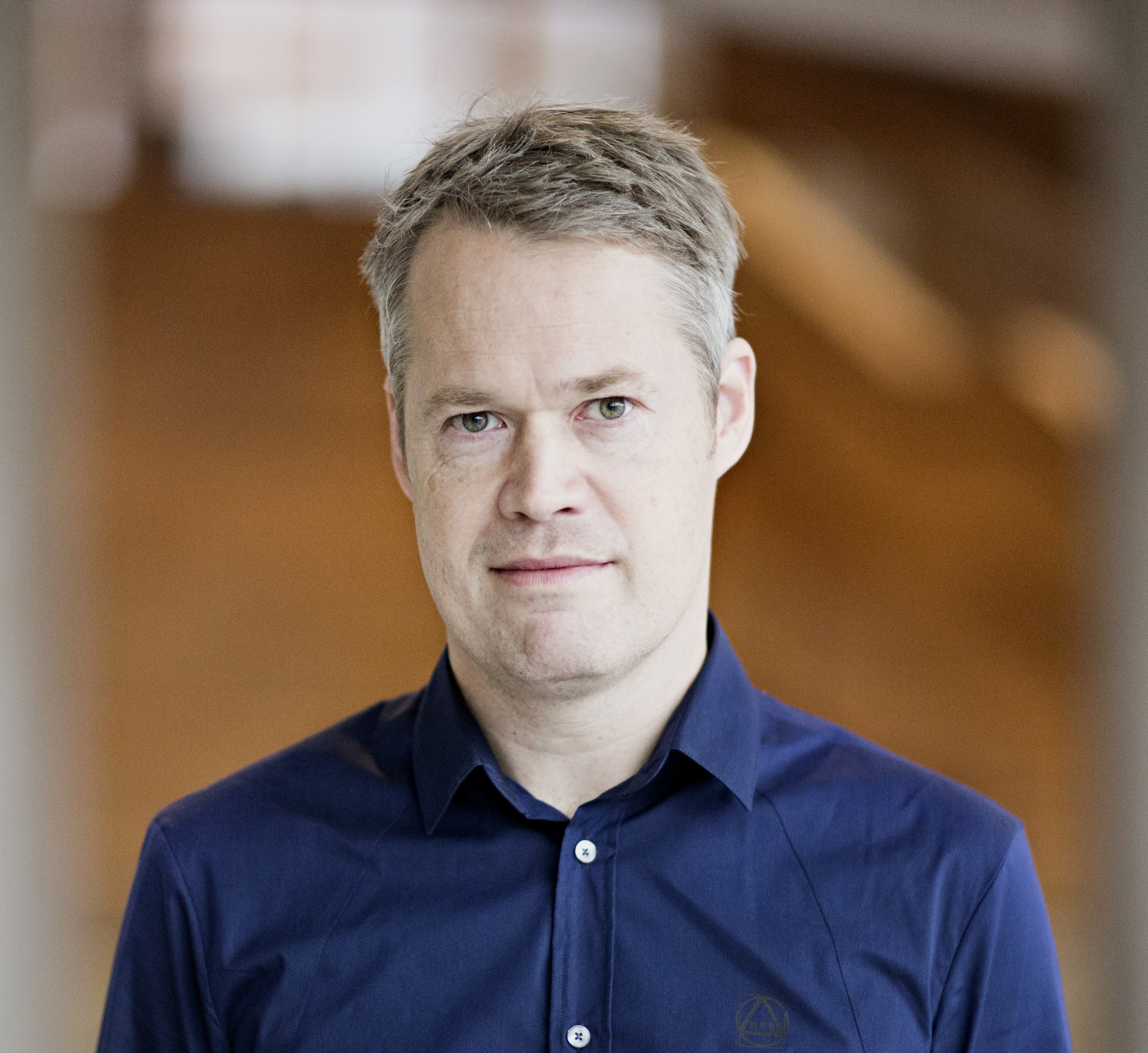
Niels Mailand
Novo Nordisk Foundation Center for Protein Research
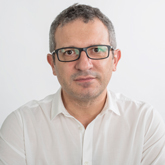
Juan Mendez
Spanish National Cancer Center
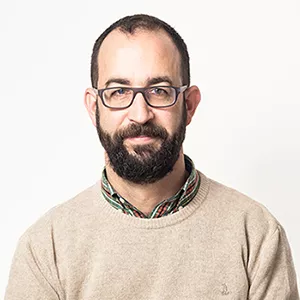
Marco Milan
IRB Barcelona
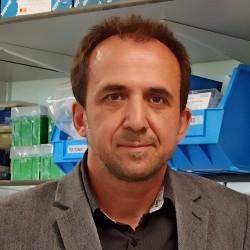
Daniel Munoz-Espin
University of Cambridge
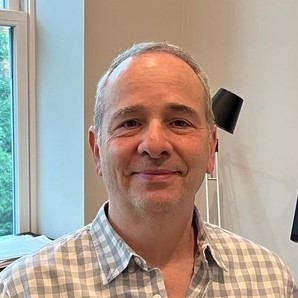
Andre Nussenzweig
National Institutes of Health
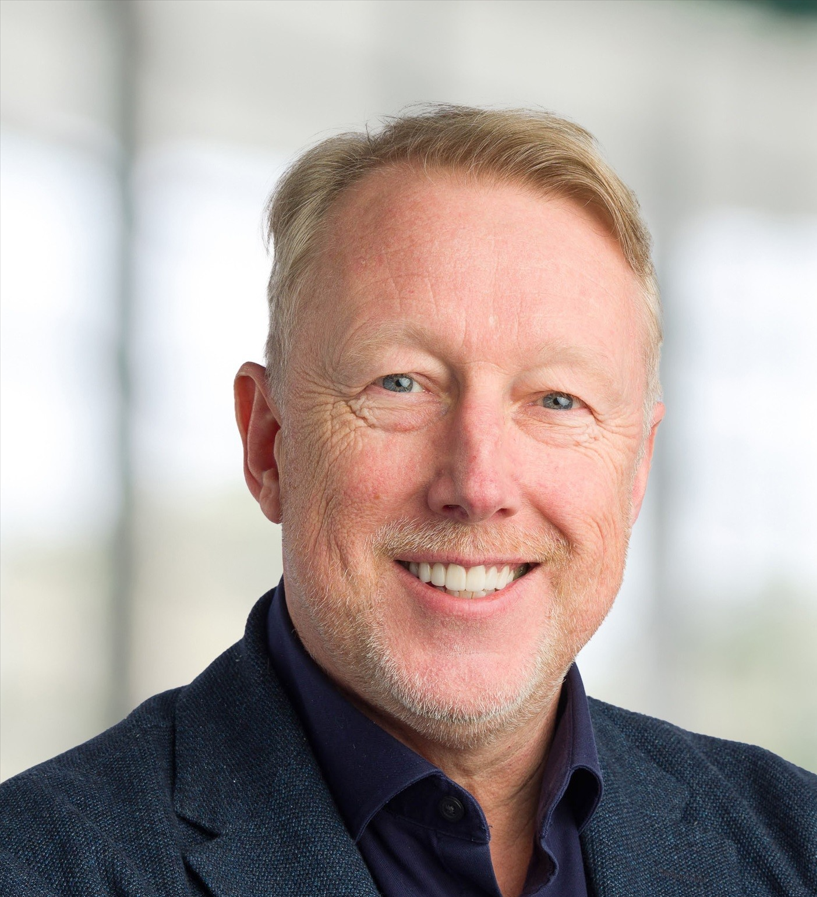
Mark O'Connor
AstraZeneca
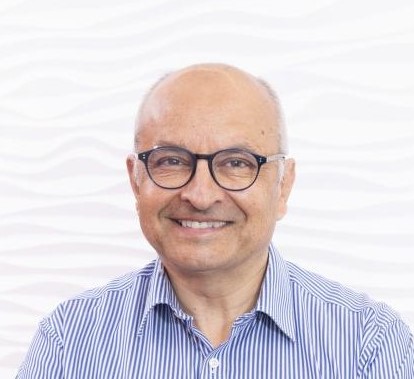
KJ Patel
Weatherall Institute of Molecular Medicine (WIMM), University of Oxford
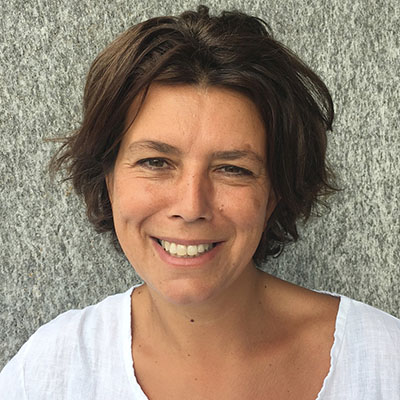
Lorenza Penengo
Institute of Molecular Cancer Research
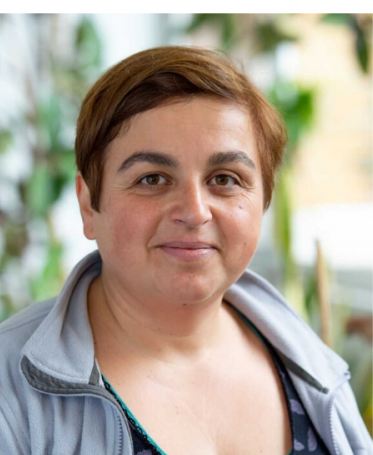
Evi Soutoglou
University of Sussex
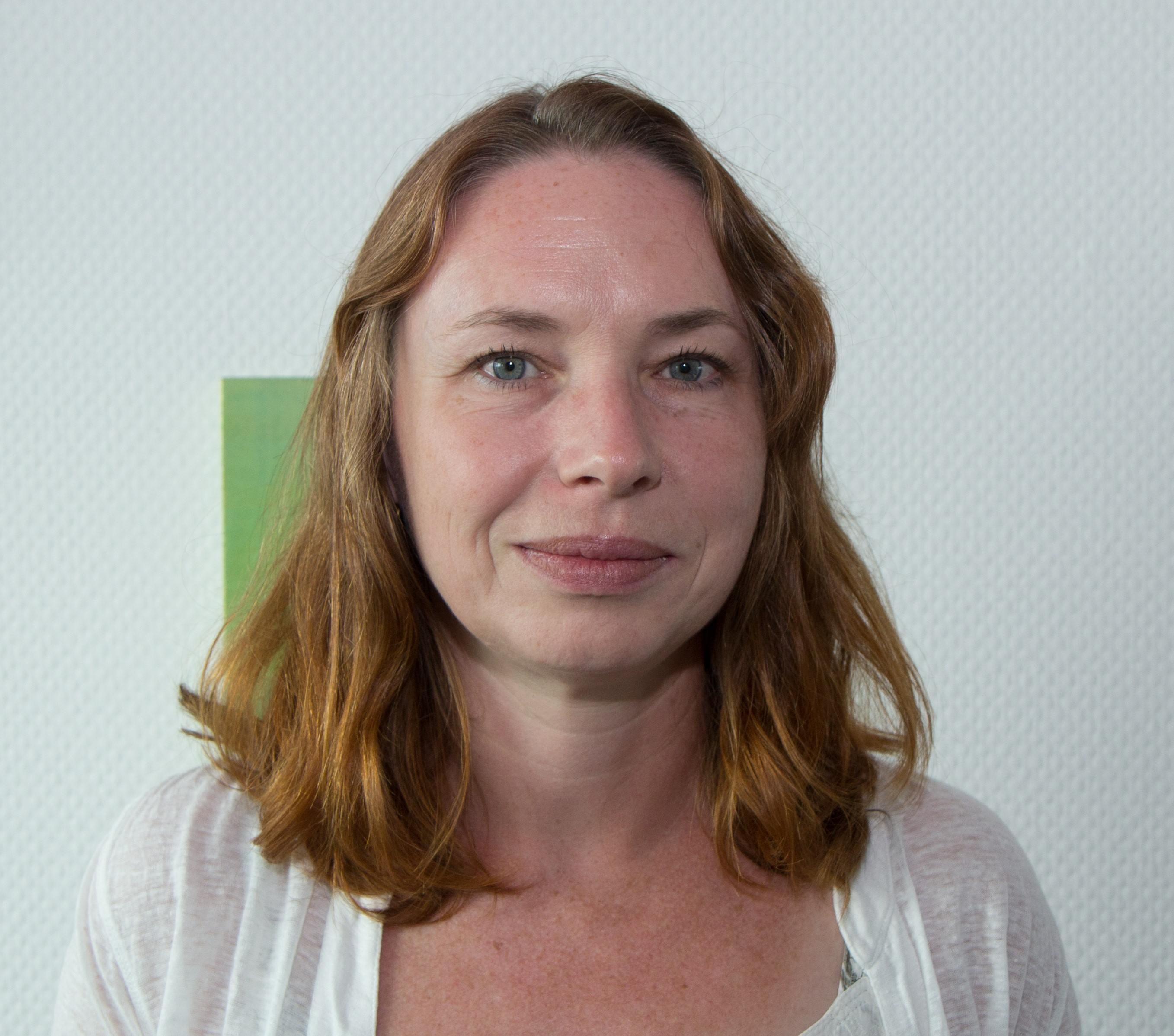
Zuzana Storchova
University of Kaiserslautern-Landau
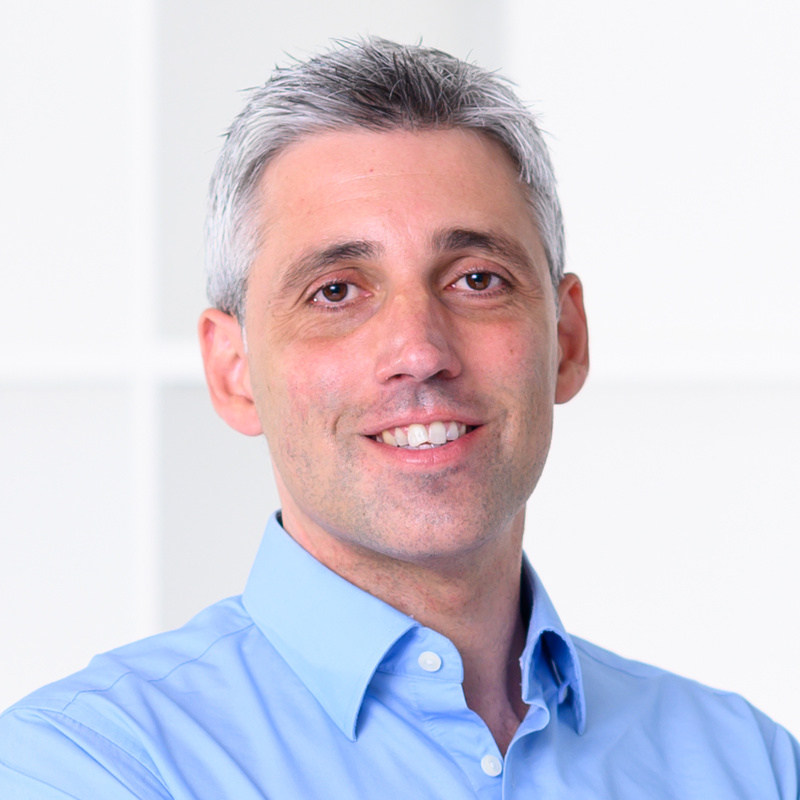
David Vilchez
CECAD Research Center
Programme
Grants
Speakers selected for short talks will be eligible for a registration grant to help offset part of their registration costs. To apply, please submit your abstract by 9th May 2025.
Please note, only successful applicants will be awarded the grant.
Supported by
Venue & Location
Hilton Malta
We are excited to be heading back to St. Julian’s as our Mediterranean destination for October 2025!
Located only 15 minutes from the ancient capital city of Valletta, a UNESCO World Heritage Site, Hilton Malta is an oceanfront resort overlooking the stunning Portomaso Marina in St. Julian’s. With modern amenities, scenic views, and a tranquil atmosphere, it offers the perfect balance between professional functionality and easy access to local culture and history.
This is not an all-inclusive property, but our registration packages include a full food and beverage package during the conference period. Breakfast remains at leisure, however, the more intimate hotel setting allows us to host group lunches and dinners, providing an ideal environment for focused discussions, so attendees can continue to network and brainstorm outside of planned sessions.
For those who wish to stay extra nights either side of the conference, rates will be bed and breakfast only, so attendees have the freedom to explore local dining experiences and authentic cuisine.
Hotel facilities include;
• Complimentary Wi-Fi in guest rooms and throughout hotel and conference areas
• 4 Seasonal Outdoor Pools
• Spa with Indoor Swimming Pool
• Fitness Center and Tennis Court
• 3 Restaurants
• 2 Bars
General Information
Venue Rating
★ ★ ★ ★ ★
Currency
Euro (EUR)
Address
Vjal Portomaso St Julian's PTM, 01, Malta
Nearest Airport
Malta International Airport
Location
The Hilton Malta overlooks the stunning Portomaso Marina in St. Julian’s. This beautiful hotel is located only 15 minutes from the ancient capital city of Valletta, a UNESCO World Heritage Site.
Gallery
Conference History
If you are interested in this meeting but not yet ready to register, you can sign up for updates here and our team will keep you updated regarding deadline reminders and grant opportunities relating to this meeting only.
If you're interested in sponsoring this conference please contact us.
Conference Manager

Emily Meen
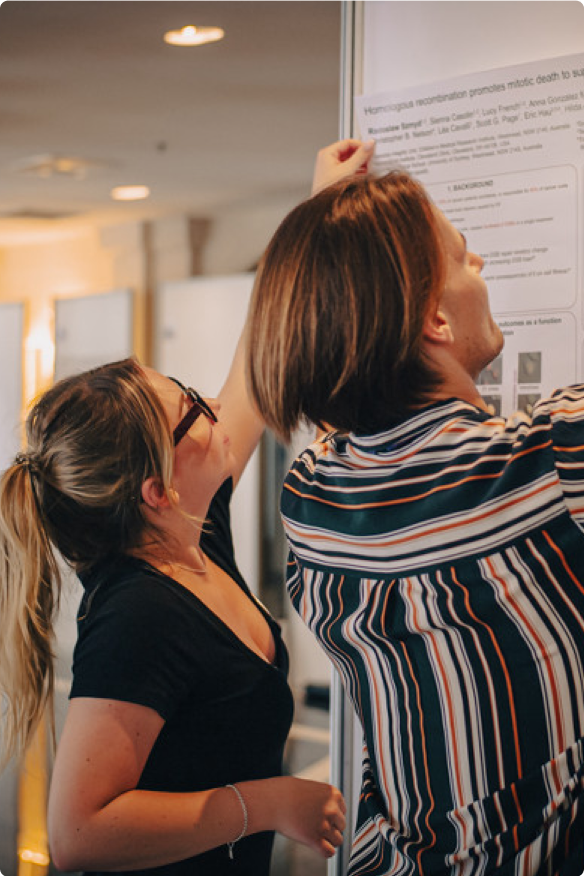
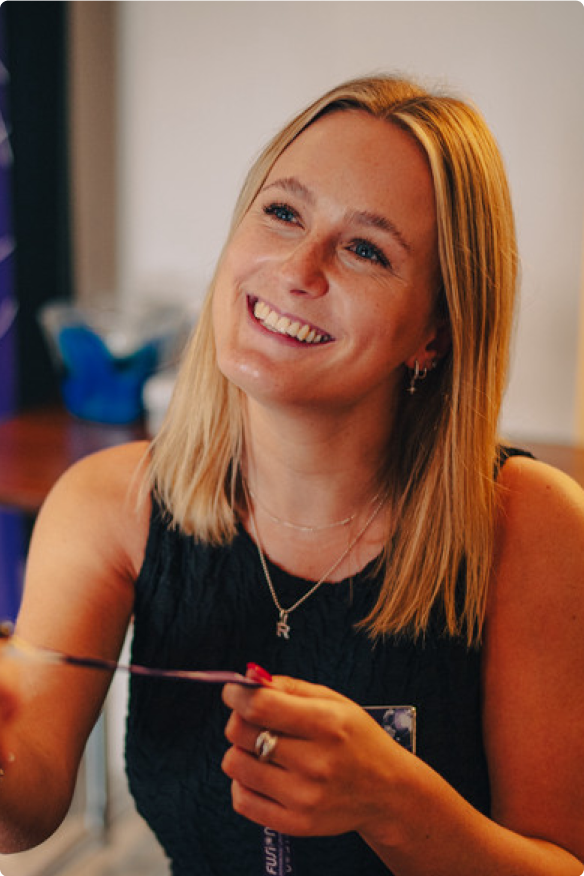
Need some help? Chat to the Fusion team today
As a family run business, our dedication runs deep. We’re committed to each other and, even more so, to every attendee’s experience, delivering a level of care and passion that’s truly unmatched.
